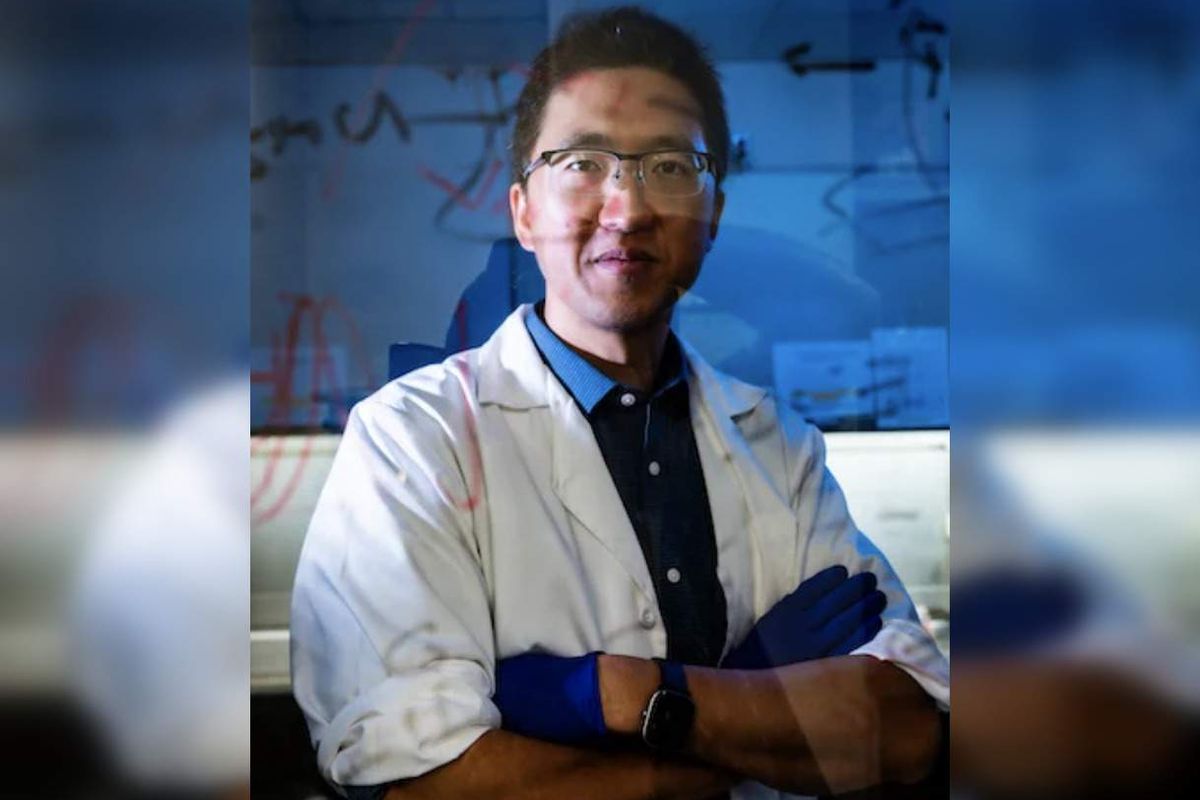Pioneering Houston biotech startup expands to Brazil for next phase
On the Move
Houston biotech company Cemvita has expanded into Brazil. The company officially established a new subsidiary in the country under the same name.
According to an announcement made earlier this month, the expansion aims to capitalize on Brazil’s progressive regulatory framework, including Brazil’s Fuel of the Future Law, which was enacted in 2024. The company said the expansion also aims to coincide with the 2025 COP30, the UN’s climate change conference, which will be hosted in Brazil in November.
Cemvita utilizes synthetic biology to transform carbon emissions into valuable bio-based chemicals.
“For decades Brazil has pioneered the bioeconomy, and now the time has come to create the future of the circular bioeconomy,” Moji Karimi, CEO of Cemvita, said in a news release. “Our vision is to combine the innovation Cemvita is known for with Brazil’s expertise and resources to create an ecosystem where waste becomes opportunity and sustainability drives growth. By joining forces with Brazilian partners, Cemvita aims to build on Brazil’s storied history in the bioeconomy while laying the groundwork for a circular and sustainable future.”
The Fuel of the Future Law mandates an increase in the biodiesel content of diesel fuel, starting from 15 percent in March and increasing to 20 percent by 2030. It also requires the adoption of Sustainable Aviation Fuel (SAF) and for domestic flights to reduce greenhouse gas emissions by 1 percent starting in 2027, growing to 10 percent reduction by 2037.
Cemvita agreed to a 20-year contract that specified it would supply up to 50 million gallons of SAF annually to United Airlines in 2023.
"This is all made possible by our innovative technology, which transforms carbon waste into value,” Marcio Da Silva, VP of Innovation, said in a news release. “Unlike traditional methods, it requires neither a large land footprint nor clean freshwater, ensuring minimal environmental impact. At the same time, it produces high-value green chemicals—such as sustainable oils and biofuels—without competing with the critical resources needed for food production."
In 2024, Cemvita became capable of generating 500 barrels per day of sustainable oil from carbon waste at its first commercial plant. As a result, Cemvita quadrupled output at its Houston plant. The company had originally planned to reach this milestone in 2029.
---
This story originally appeared on our sister site, EnergyCapitalHTX.




 Omair Tariq of Cart.com joins the Houston Innovators Podcast to share his confidence in Houston as the right place to scale his unicorn. Photo via Cart.com
Omair Tariq of Cart.com joins the Houston Innovators Podcast to share his confidence in Houston as the right place to scale his unicorn. Photo via Cart.com

 Apple doubles down on Houston with new production facility, training center Photo courtesy Apple.
Apple doubles down on Houston with new production facility, training center Photo courtesy Apple.